- Category
- War in Ukraine
A Year After the Plane Crash That Killed Yevgeny Prigozhin, What is the State of Russian Private Armies?
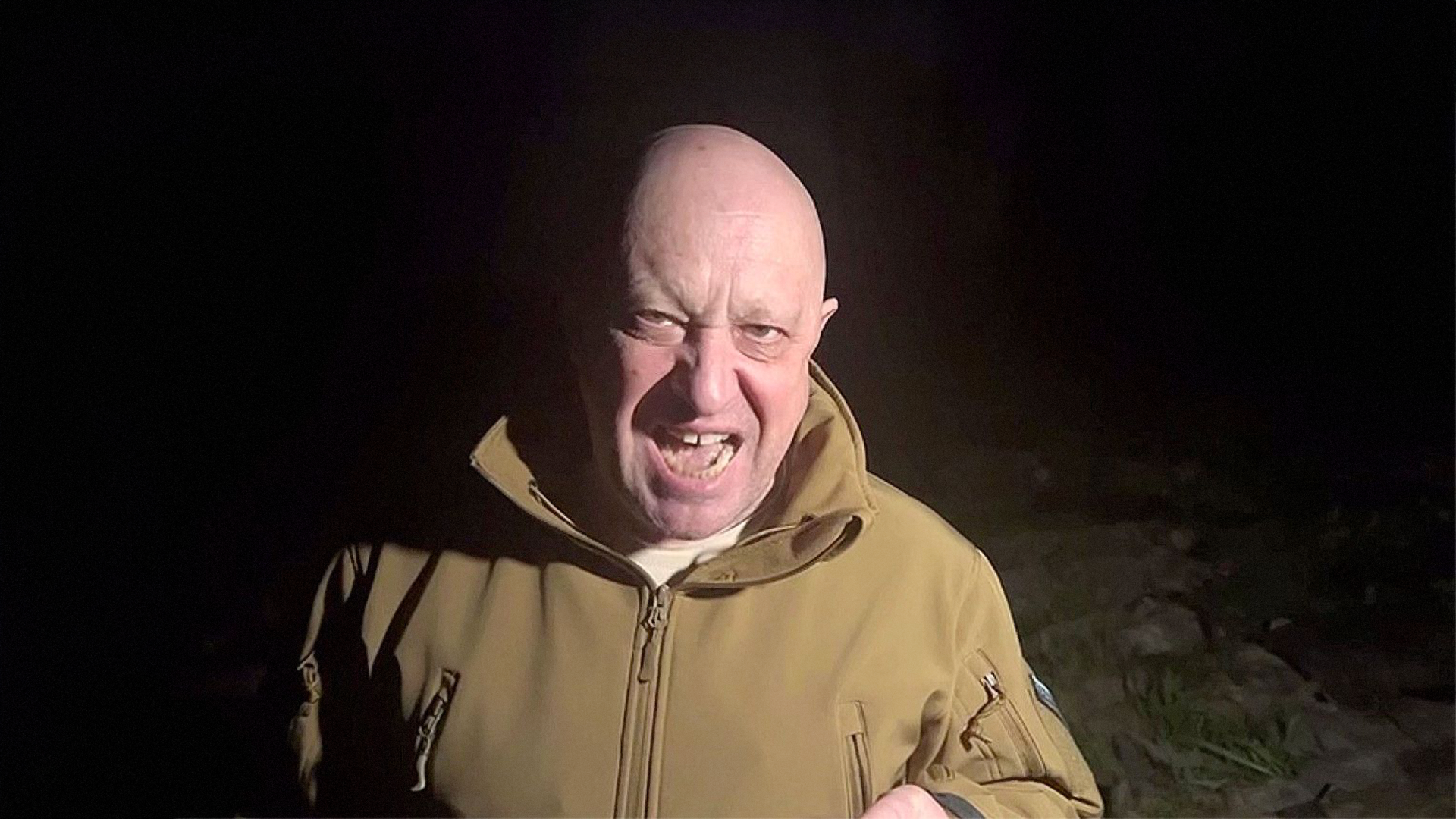
During most of the last decade, PMCs, covertly aligned with the Kremlin, were considered a priority destination for servicemen from the Russian Federation. After Wagner demonstrated its combat effectiveness in eastern Ukraine, other PMCs like Redut, Konvoy, and Rusich started appearing. Their structures, which were notoriously unmolested by bureaucracies like the Ministry of Defense, had high salaries and notoriety for those who wore the patch.
However, everything changed a year ago, after the death of Yevgeny Prigozhin and the entire command structure of the Wagner PMC in a plane crash on August 23rd, 2023. Before his death, Prigozhin and his mercenaries had marched toward Moscow, captivating the world with a highly publicized yet short-lived coup attempt that exposed major flaws within the Russian government. This event became the catalyst for a series of institutional reforms to a secretive system that had once given free rein to mercenary organizations operating outside of Russia’s borders.
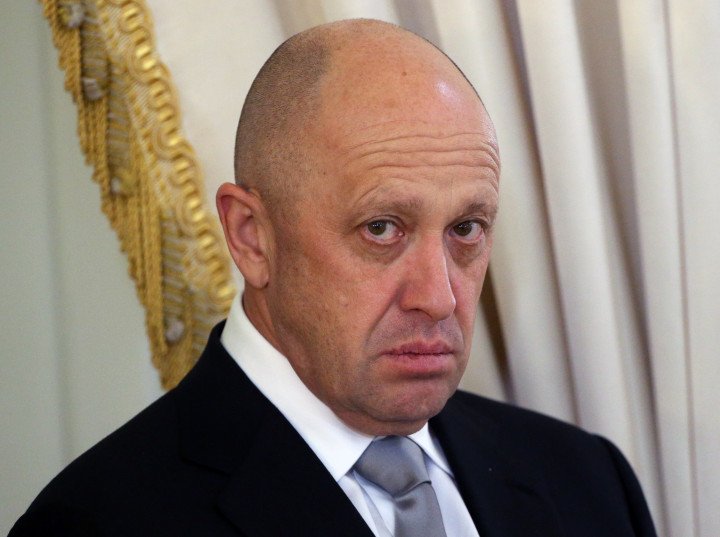
A humble hotdog salesman
Yevgeny Prigozhin, a close associate of Vladimir Putin, was once called “Putin’s chef”. It lifted him into the public spotlight, and much of his private life, including his various business dealings. Before 2022, Prigozhin would repeatedly deny his connection with Wagner, when many in Russia had denied its very existence, including Vladimir Putin.
Prigozhin initially ran a highly successful hotdog stand in St. Petersburg, which generated significant profits and paved the way for a series of business ventures. One of these was a riverboat restaurant that famously hosted Vladimir Putin, while another was a catering business. After gaining Putin’s favor, Prigozhin secured lucrative contracts to supply food to schools, government workers, and eventually, a $1 billion contract to feed the Russian army.
Using his established connections with the Russian Ministry of Defense, Prigozhin founded the Wagner PMC in 2014 to aid Russia in its invasion of eastern Ukraine. As the group received more funding it began to expand its operations to Africa, the Middle East, and South America.
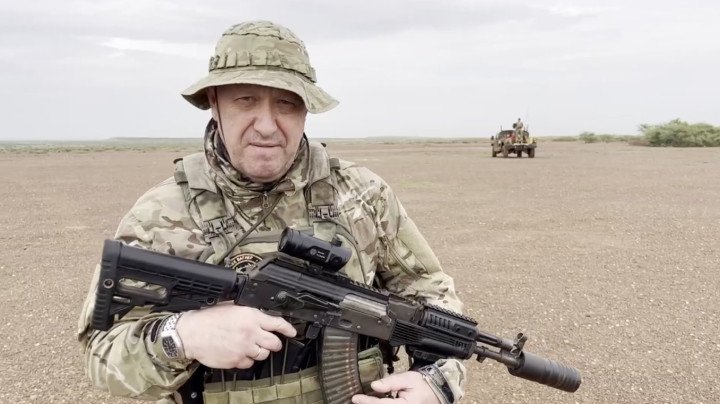
Plausible deniability
The client states targeted by Russia’s foreign policy were typically resource-rich and conflict-ridden. Wagner provided training and security services in exchange for exclusive mining rights to gold and diamonds, or a share of revenue from oil exports.
In essence, Wagner was a shadowy organization characterized by its opacity and a network of shell companies. They contracted experienced fighters, many were Russian Special Forces and there was plenty to spend on them. Wagner would advance Russia’s political and military objectives abroad, and their main appeal was that they offered plausible deniability to the Russian government. Wagner’s anonymity and the long paper trail of shell corporations obscured any connection to state actors, let alone an address.
Wagner was called in to fight in Ukraine after the Russian army suffered heavy losses during the early stages of their 2022 invasion. During this period, Wagner began recruiting Russian prisoners to fight in its ranks in exchange for amnesty. Their numbers reportedly swelled from a few thousand to as many as 50,000 soldiers. Notably, this marked the first time Wagner’s existence was publicly acknowledged, along with Prigozhin’s role as its leader.
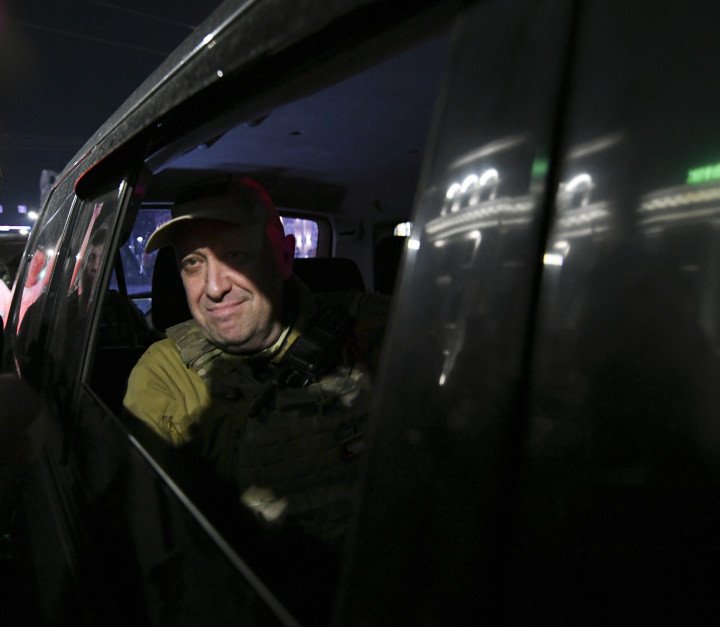
Shoigu! Gerasimov!
In 2023, shortly after capturing Bakhmut at great cost, Prigozhin fell out of favor with the Kremlin when he publicly challenged Defense Minister Sergei Shoigu and Chief of the General Staff Valery Gerasimov, accusing them of incompetence, mismanagement, and failing to adequately support Wagner forces during the war in Ukraine.
His criticisms culminated in an armed rebellion in June 2023, during which Wagner forces briefly took control of a Russian military headquarters and began advancing toward Moscow before eventually standing down. These events ultimately led to Prigozhin’s suspicious death, along with most of Wagner’s chain of command, in a plane crash in Russia’s Tver Region.
Some may have thought that Russia’s use of PMCs or quasi-state actors for its actions abroad had ended after the coup. However, the shadowy network of shell companies popularized by Prigozhin has been replaced by overt control by the Russian government and close allies of Putin. While the connection to these PMCs was previously hidden, state control is now openly demonstrated in every possible way.
The embarrassment to Putin, caused by the Prigozhin's march on Moscow, is considered by many to have played into the Kremlin’s decision to consolidate control of PMCs operating in orbit of Russia’s sphere of influence. It also caused the Kremlin to show its cards, as Putin publicly admitted to wholly funding the Wagner PMC after a decade of denial. This would become a major revelation.
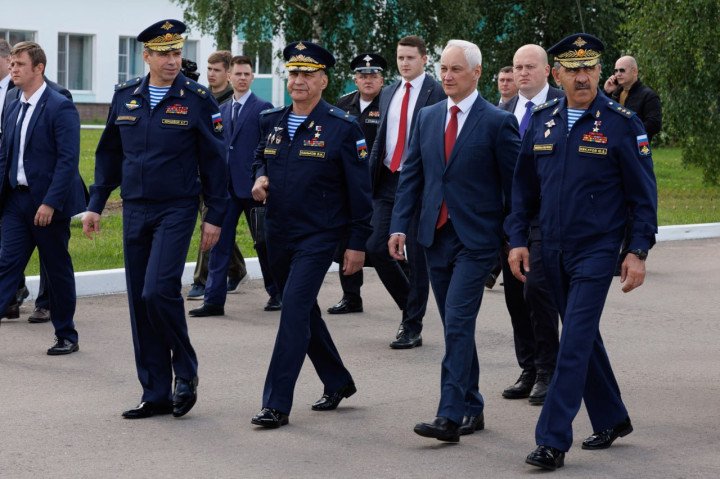
New structure
Following the death of Wagner's entire command structure, the Russian Ministry of Defense took direct control of the mercenary group, assigning the GRU, Russia’s military intelligence agency, to oversee its operations.
Mercenaries who had contracted with Wagner PMC were offered amnesty for their involvement in the coup. They were chosen to join the Russian National Guard (Rosgvardia) or relocate from Europe to continue working under Wagner’s operations in the Global South, which had been brought under tighter Kremlin control.
In Africa, Wagner was rebranded as the Africa Corps, an irregular formation of mercenary groups now led by the GRU to advance Russia’s foreign policy objectives across the continent—this time without the pretense of deniability. The Africa Corps, reportedly under the leadership of Deputy Defense Minister Yunus-Bek Yevkurov, operates in countries such as Mali, Niger, Sudan, and Libya, among others.
Although the Africa Corps uses Wagner PMC branding and insignia for recruitment purposes, the Wagner PMC as it was once known no longer exists. In its place, other private military companies (PMCs) have risen to prominence—notably, PMC Redut, led by Konstantin Mirzayants, who was formerly a Russian paratrooper.
PMC Redut, much like its predecessor Wagner, continues to operate in a manner that aligns closely with the Kremlin's strategic interests, with one main difference being that the PMC had become nationalized by the Russian Armed Forces. Their command structure is directly connected to the Russian Ministry of Defence, and their soldiers operate within Ukraine, Africa, and Syria.
Konvoy PMC is also gaining prominence, it also is an extension of the Russian of the Russian Ministry of Defense and currently operates within Ukraine’s borders. The group was founded in 2008 by Sergey Aksyonov, the so-called head of the Republic of Crimea, and is overseen by Konstantin Pikalov, Prigozhin's former right-hand man.
Reports suggest that Konvoy is making its presence felt in southern Ukraine, with sightings of well-armed and trained soldiers fighting for the group near Kherson, many of whom are former Wagner operatives. In 2022, the group received $3 million in funding, further bolstering its operations.
Reports also indicate that Yevgeny Prigozhin’s son, Pavel, has managed to retain some of Wagner's contracts in the Central African Republic, maintaining a degree of influence in the region.
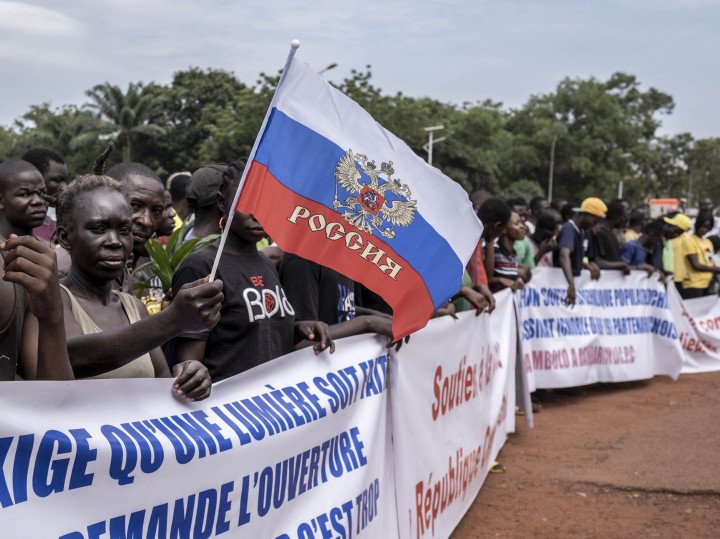
Future Grayzones
As conflicts persist in resource-rich regions, the Russian Federation continues to maintain a network of client states eager for its security services. In many parts of the Global South, Russian MOD-led private military companies are increasingly filling the void left by the withdrawal of American and European forces, offering a more accommodating stance toward military juntas and autocratic regimes.
The era of animosity and plausible deniability, popularized by the Wagner group, has come to an end. Private military companies are now being directly integrated into Russian MOD structures and deployed across multiple continents to further Russia’s foreign policy objectives. However, meddling in international conflicts carries significant risks, as Russian PMCs—both during and after the Wagner era—have been implicated in a series of war crimes.
This shift occurs as judicial bodies, such as the International Criminal Court (ICC), are gathering evidence to prosecute Russian leaders and individual soldiers for crimes committed in Ukraine. With Putin’s admission regarding Wagner’s funding and the Russian MOD’s incorporation of PMCs into their command structure, the potential for prosecuting these war crimes has expanded. Additionally, Wagner fighters have been reported to be hunted and engaged by Ukrainian special forces abroad.
Meanwhile, the reach of Russian PMCs will continue to solidify, as in lou of the coup, strategic goals and allegiances are now in alignment. Recent actions have shown that Russia’s foothold in the global south is motivated by influence and profit, showing a moral ambivalence to the modus operandi of a mercenary organization.
More than ever, Russia is encouraged to expand its influence where Western countries have lost favor. The veil of secrecy is now much in the past. Whatever happens in new areas of operation, be it the eradication of entire villages or targeted assassinations, Russia will forever be linked.

-35249c104385ca158fb62273fbd31476.jpg)


-554f0711f15a880af68b2550a739eee4.jpg)



-206008aed5f329e86c52788e3e423f23.jpg)